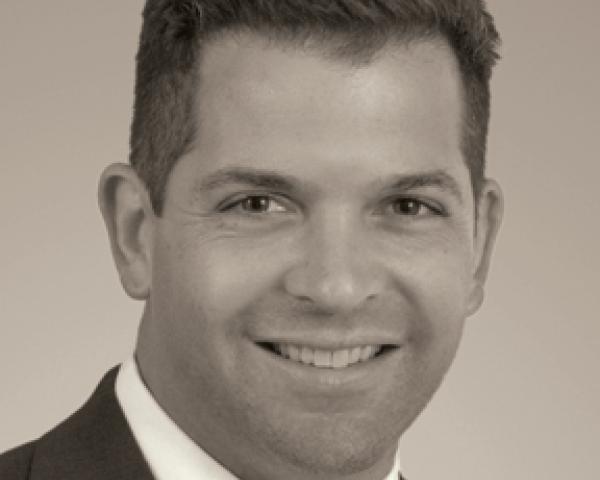Language and distance can add time and expense to international claims, but they don't need to be any different than local ones.
The world is getting smaller. Companies of every size do business around the globe. This poses business interruption risks both direct and indirectly. Recent examples include the devastating flooding in Thailand and the Tohuku earthquake and subsequent tsunami in Japan. Property claims can be hard enough when they are at home; adding distance and language differences can make things more time-consuming and add expense to resolving a claim. There is good news, though: International claims are not that different than any other claim.
For example, in 2013, when Ingersoll Rand suffered an $11 million-plus flood loss at a manufacturing plant in Shanghai, we calculated the property damage and business interruption loss amounts, prepared the claim and worked with the loss adjustor and the insurance company's forensic accounting team. We effected a settlement within three months of the end of the loss.
Experience is the key.
The Language
The insurance world speaks English. The first question we are asked about preparing international claims is whether we have someone who speaks the local language. While this might have some benefit, it is far more important that someone understand the process and the numbers. On the rare occasion where a translator is necessary, that is all that is needed: a translator. It is not necessary to have a claims practitioner who is fluent. You are much better off with practitioners who know what they are doing on a property claim.
The Location
The time and cost to fly consultants around the world is a real concern. Often, policyholders will be inclined to hire less experienced professionals because of their proximity to the loss. This is a mistake. For the most part, information can be transferred electronically and explained over the phone. For companies based in the U.S. with operations abroad, all information necessary to prepare a claim can be transferred through headquarters.
There are certain elements of a property claim where on-site assistance is needed (physical inventories, building or equipment inspections, etc.) This type of specific technical assistance can be coordinated with the insurance company and local resources. As with accounting information, the results of these physical inspections can be documented and sent back home. There is usually no need to send someone from here to there.
As real examples, we have prepared and settled dozens of claims around the world without setting foot on the loss site. This is accomplished by sharing information electronically and communicating by phone, web meeting, web sharing portal, etc. The alternative of using local, less experienced professionals would undoubtedly add confusion to the process. Experience is the most important requirement in preparing any property claim.
Don’t get the wrong impression - we have traveled all over the world for our clients when asked. Sometimes, the parties involved require the travel, or the loss simply demands it. However, this type of travel is less frequent now. If required, travel should be scheduled to maximize productivity to reduce the amount of travel needed. Again, experience and expertise allow this to be accomplished most efficiently.
The Local Policy
Local policies that cover losses abroad may have some differences from the global policy. If these differences affect recovery, in general the master policy can be invoked to make up any differences. You will want to prepare the claim according to the local policy, but be aware of differences. Your broker should be able to help sort out any differences and the reasons for those differences.
The interpretation of the local policies by local adjusters can create confusion. Just be aware that the intent of the local policies should fit in with your global program - to indemnify for the loss.
Summary
Losses happen all over the world. Just because you are in New York and the loss is in Paris, France, does not mean you should treat it any differently than if it were in Paris, Texas. Language and location are not a barrier in this day and age. If you compromise expertise for proximity to the loss location, in the end it will cost you more. Look for a team that has had success managing international claims throughout the process, leading to results for clients.


